In order to bring your manuscript to the attention of traditional publishers, you must first get a literary agent. Getting the right literary agent can significantly impact an author’s career trajectory — and sometimes mean the difference between success and no career at all. Here’s a comprehensive guide to help writers untangle the intricate process of securing literary representation.
Why Should You Get a Literary Agent?
Literary agents act as intermediaries between authors and publishers. They review manuscript submissions, negotiate contracts, and advocate for their clients’ interests. Agents possess industry knowledge, connections, and expertise that can enhance an author’s chances of securing a favorable publishing deal. Perhaps most importantly, it’s nearly impossible to negotiate a deal with a publishing house without an agent working on your behalf. For better or worse, the days of sending your manuscript directly to Random House are long over.
Do Your Due Diligence
Conduct thorough research to identify literary agents who specialize in your genre or niche. Utilize online resources, literary agency directories, and social media platforms to compile a list of potential agents. Utilize resources like the Poets & Writers Literary Agents Database to track down leads. Look for professionals with a track record of representing successful authors in your genre.
Prepare Your Submission
Craft a compelling query letter and a polished manuscript before even considering reaching out to an agency. Your query should succinctly convey the essence of your book, highlighting its unique selling points. Follow submission guidelines to the letter, as agents often have specific requirements for query letters, synopses, and sample chapters. Just like applying for jobs, spraying out generic form letters simply won’t do — craft your submission materials to suit each individual agency.
Build a Targeted Query List
Create a targeted list of literary agents based on their preferences, client lists, and track records. Tailor your submissions to agents who have a history of representing works similar to yours. Personalizing your query letters demonstrates that you’ve done your homework and increases your chances of catching an agent’s interest.
Utilize Writer Communities and Conferences
Engage with writer communities and attend literary conferences to gather insights into the industry and connect with agents. Many agents participate in conferences, where authors can pitch their projects, attend workshops, and network. Building relationships within the literary community can open doors to valuable connections. Writing communities are also a great place to have your query letter evaluated and critiqued by your peers.
Query Strategically
To get a literary agent, approach the querying process strategically by sending submissions in batches and tracking responses in a spreadsheet. Be patient and professional in your interactions with literary agents, no matter their response. (To continue the job-hunting simile, never burn your bridges — you never know when an initial rejection might turn into an acceptance later on.) If you receive feedback, consider it thoughtfully and be open to making improvements to your manuscript or query approach. Though rejections are always disappointing, feedback can be a gift as long as you let it be.
Assess Agent Offers
When an agent expresses interest, carefully evaluate the offer of representation. Consider the agent’s communication style, vision for your book, and track record in negotiating favorable publishing deals. Request client references if needed and ensure the agent aligns with your long-term publishing goals.
Negotiate Contracts
Once you’ve selected an agent, work collaboratively on refining your manuscript and preparing submission materials for publishers. If a publishing deal is secured, the agent will negotiate contract terms on your behalf. Ensure you have a clear understanding of the terms and how they align with your objectives as an author.
Cultivate a Professional Relationship
Building a strong and communicative relationship with your literary agent is key to a successful publishing journey. Keep your agent informed about your writing progress, and seek guidance on career decisions. A supportive and cooperative partnership enhances your chances of finding success in the publishing industry
At Presto Page, we’re here to support you every step of the way. Whether you need assistance with self-publishing, design services, or any other aspect of self-publishing, we’re your partners in success. Contact us today to see what we can do for you!

